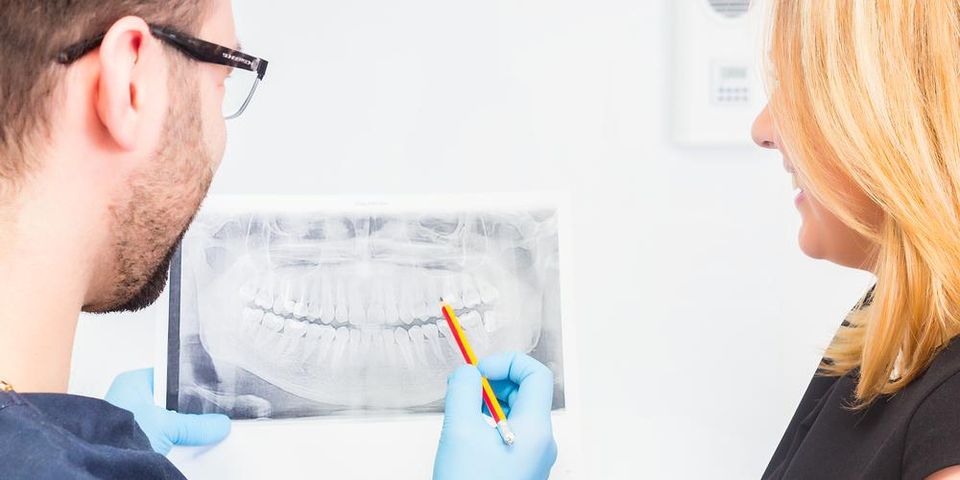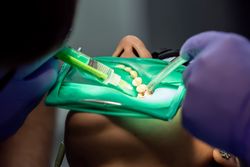What Is a Root Canal Procedure?

When tooth decay progresses beyond a standard cavity, bacteria can infect the inside of the tooth and its roots, including the dental pulp and nerve. Left untreated, this infection can lead to severe pain, swelling, and gum tissue damage. Fortunately, root canal procedures are an incredibly effective treatment that can remove and stop the infection. Offering comprehensive dental care in Headland, AL, the team at Stanley R. McCardle DMD | Family Dentistry explains the basics of root canals to help ease any anxiety you may have about this common procedure.
Understanding the Basics of Root Canal Procedures
Before the Procedure
To determine if you’re a candidate for this treatment, your dentist will take an X-ray of your teeth to assess the extent of the infection. If the tooth can be preserved, they will schedule you for a root canal. If the decay is too extensive, you will likely have to opt for an extraction to stop the infection.
Arriving for the Appointment
When you arrive for your appointment, your dentist will inject a local anesthetic in the gum tissue around the infected tooth. Within just a few minutes, the affected area will be completely numb and prevent you from feeling any pain during the procedure. To isolate the treatment area, your dentist will place a cover, known as a dental dam, around your tooth.
During the Procedure
 To access the infection, your dentist will drill a small hole into the tooth. Next, all the dead and infected tissue—including the dental pulp and tooth nerve—will be carefully removed. After the infected tissue is clear, the area will be cleaned and sterilized to ensure no bacteria are left behind.
To access the infection, your dentist will drill a small hole into the tooth. Next, all the dead and infected tissue—including the dental pulp and tooth nerve—will be carefully removed. After the infected tissue is clear, the area will be cleaned and sterilized to ensure no bacteria are left behind.
Using a substance known as gutta-percha, the dentist will seal each end of each root to maintain the integrity of the tooth. Next, they will place a temporary filling to restore the drilled surface of the tooth.
After the Root Canal
While you may experience some pain, you can expect your tooth to function as normal soon after the procedure. Once the tooth has healed, which typically takes about one month, you’ll return to the dentist to make sure the procedure was successful. At this point, they will install a permanent dental crown to fully protect your tooth.
If you are experiencing any dental pain, it’s important to call a dentist right away to see if an infection is the cause and take the necessary steps to preserve your tooth. Offering comprehensive care, Stanley R. McCardle DMD | Family Dentistry can comfortably provide everything from simple tooth fillings to root canal procedures with confidence. Learn more about their services online, or call (334) 693-2112 to schedule an appointment.
About the Business
(27 reviews)
Have a question? Ask the experts!
Send your question

